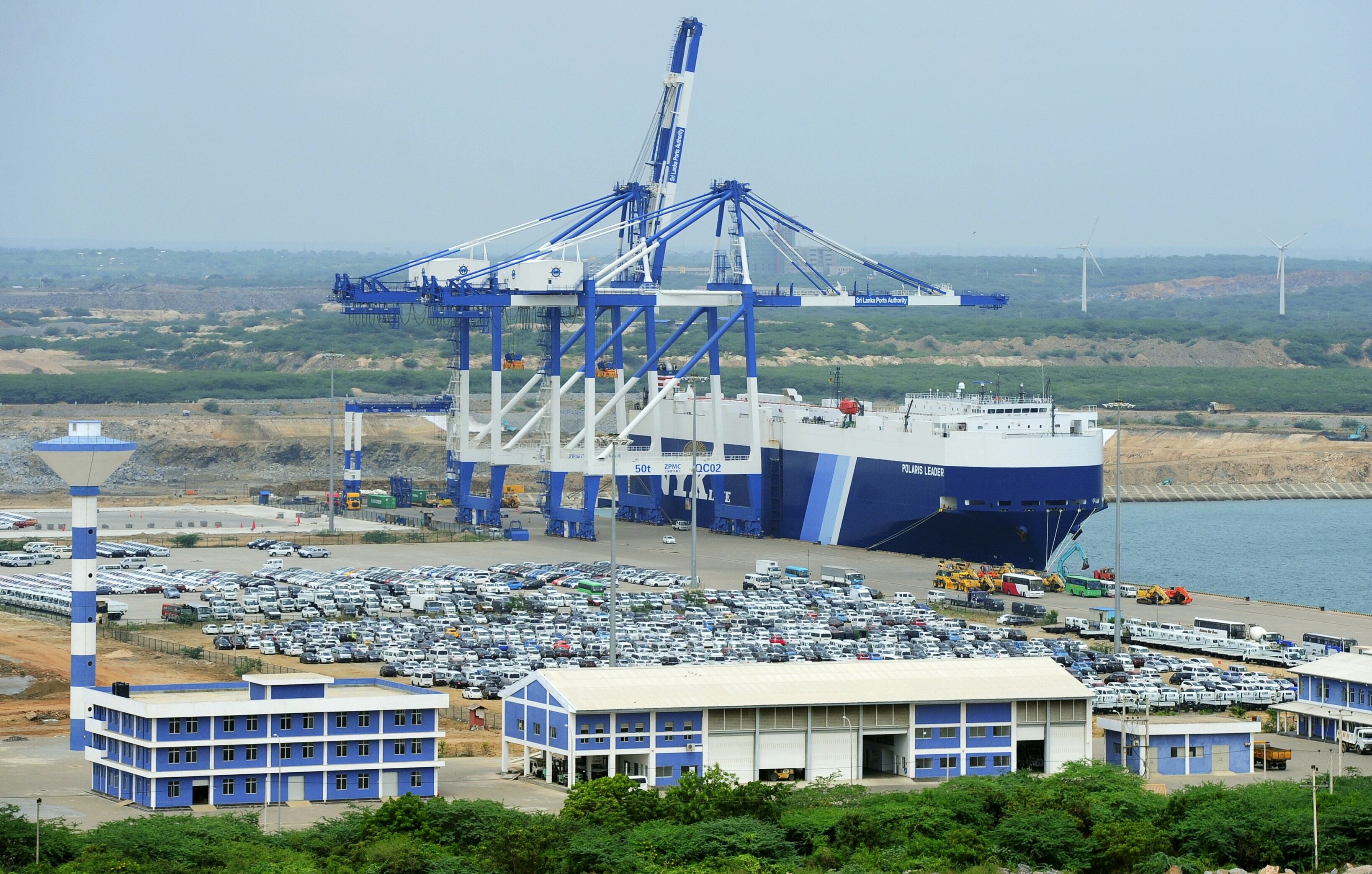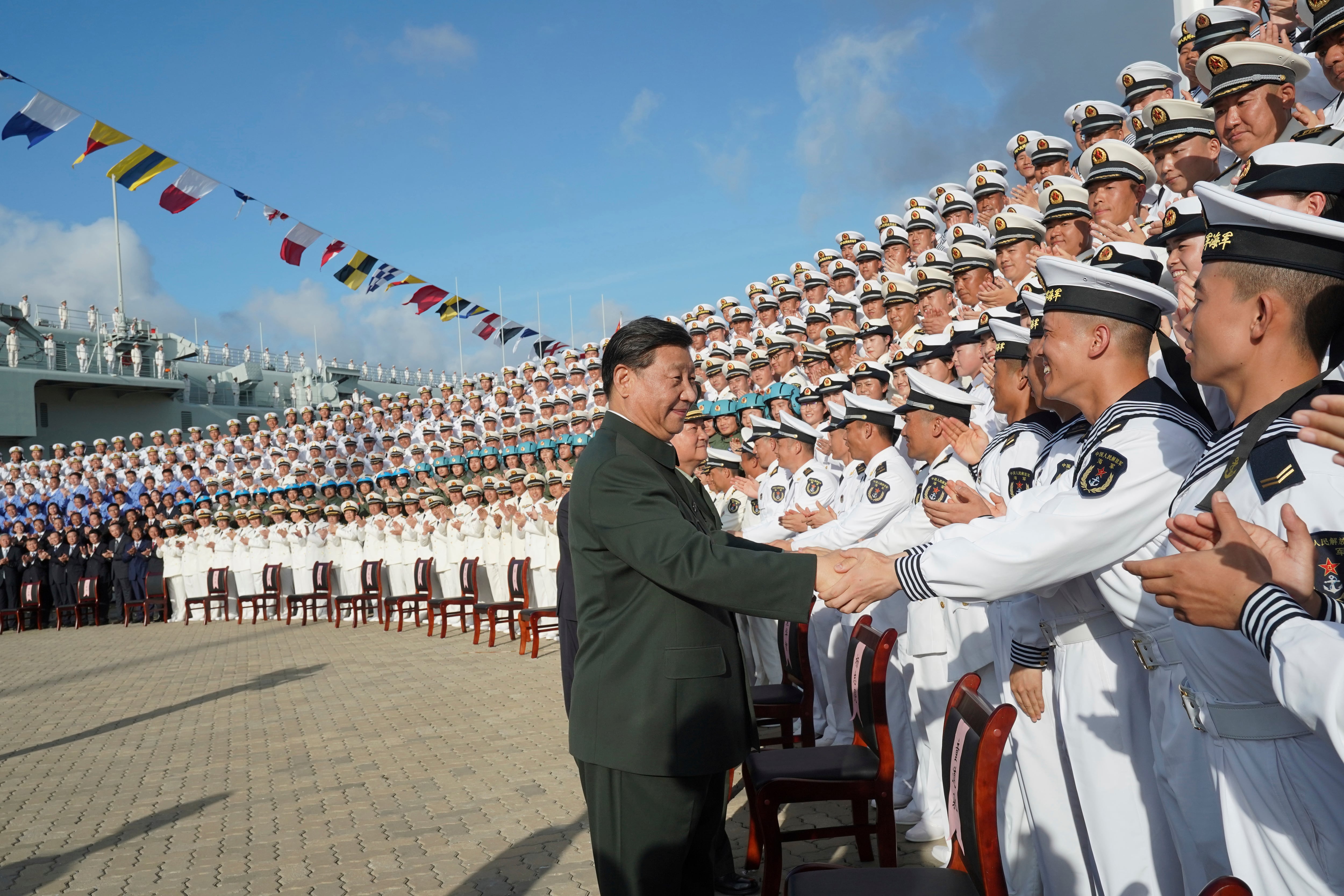With the first live round fired at protesters in Hong Kong, the rest of the world must wake up to a resurgent and imperialistic China.
Like Imperial Japan in its heyday, which misjudged its sea power position and adopted a failed continental strategy, China seems intent on subjugating its neighbors and poorest trading partners.
Domestically, it is applying a continental assimilate-or-die strategy against its ethnic minorities, with a campaign targeting Uighurs and Tibetans. For the rest of the population, it is imposing a 24-hour surveillance state coupled with political reliability scores that limit job and travel prospects and threaten jail terms. This conjures parallels not with Imperial Japan but with Nazi Germany.
Simultaneously, China has pivoted to the sea — starting with Hong Kong, its traditional maritime gateway —and is projecting power abroad by building overseas bases in the South China Sea, in the India Ocean and as far away as Djibouti on the African coast.
The world must recognize as dangerous and work to counter this aspect of China’s imperial expansion.

For thousands of years, China has been a continental power based on its military prowess. Emperors and dynasties would come and go. Most were Han Chinese but some were Mongol, Manchu, and Soviet-trained Communist leaders, but one factor remained constant: the imperative to ward off invasions from their landward neighbors.
Protected by natural barriers, like the Himalayas, the vastness of Xinjiang, and the Gobi Desert, Chinese leaders exerted maximum effort to close the gaps, most notably with the Great Wall.
With the 2013 Belt and Road Initiative, the Chinese government has sought to use money, rather than military might, to buy the fealty of its many land neighbors, plus selected countries abroad.
It has provided them with surveillance-state technology to keep their dictators in power and bribes to keep them flush.
But such economic efforts are doomed to fail, since local economies simply cannot pay back the enormous Belt and Road Initiative investments. Woe to those underdeveloped countries that cannot repay their debts.
Sri Lanka has just handed over a treaty port to China with a 99-year lease for Hambantota, a copycat of the 19th century British treaty ports that the Chinese so revile.

On the high seas, the Chinese Navy is protecting the all-important sea lines of communication, bringing essential petroleum back from the Persian Gulf.
Not since the 15th century Ming navy, which sponsored seven Treasure Fleets to the south and west, has China exerted such influence over the seas.
The People’s Liberation Army Navy (PLAN) has grown exponentially, first with American help in the 1980s to be turned as a weapon against the Soviet Union, and then with Russian help in the 1990s and beyond to be turned against the United States.
Putin’s lifeline out of his own fiscal and military mismanagement would be a Sino-American war, a war that would benefit his kleptocracy alone by bringing world living standards crashing down to his own country’s low level.
The U.S. maritime strategy since 2010 has been called the “pivot to Asia,” with 170 ships — including the most powerful nuclear aircraft carriers ever built, plus a fleet of attack submarines second to none — to contain the China threat.
Unfortunately, the Navy has been beset by scandals — Fat Leonard, ship collisions, hugely expensive equipment failures on the newest carrier and submarine, the firing of Navy Secretary Richard V. Spencer and the precipitous removal of the president of the U.S. Naval War College, the world’s premier naval institution, based on a preposterous interpretation of leaked emails.
They have combined to undermine the U.S. Navy at the moment of the country’s greatest need.

Now that Chief of Naval Operations Adm. John M. Richardson — perhaps the most ineffective CNO in the history of the Navy — is finally gone, his successor must call for a rebirth of the sea service to meet the escalating China challenge.
The goal is not to fight China; but rather to be fully prepared to fight China, so that war ultimately will be averted.
The Romans had it right when they said: Si vis pacem, para bellum — “If you seek peace, prepare for war.”
The U.S. Navy needs to fix the promotion system that has failed to forestall these many scandals so that it can defend our country by deterring our foes.
Be clear: China has global ambitions. If its leaders have their way, it will be a 24-hour surveillance state for us all.
RELATED

Dr. Bruce A. Elleman is the William V. Pratt Professor of International History at the Naval War College in Newport, Rhode Island.
Dr. Sarah C. M. Paine is the William S. Sims University Professor of History and Grand Strategy at the Naval War College in Newport, Rhode Island.
Their views are their own and do not necessarily represent those of the Department of Defense, Navy, Navy Times or its staffers.





